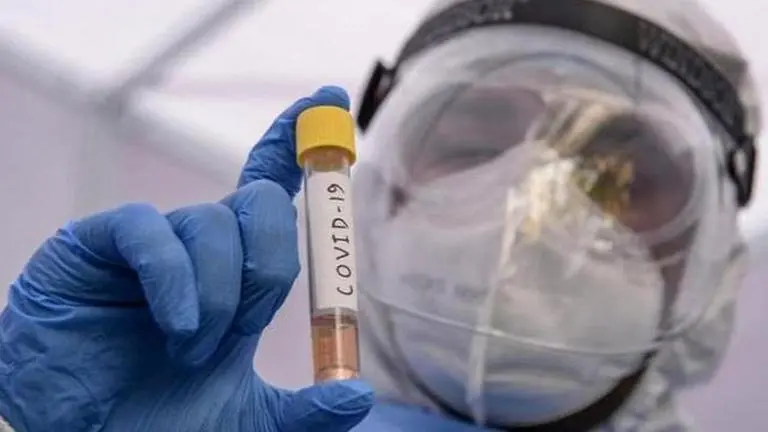Updated 25 October 2020 at 17:02 IST
Coronavirus can be 'inactivated' by mouthwash & oral rinses, can reduce spread: Study
A recent study has revealed that certain oral antiseptics and mouthwashes might have the ability to inactivate human coronavirus such as SARS-CoV-2
- Lifestyle News
- 3 min read

As the COVID-19 pandemic has continued to tighten its grip across the globe even months after it first originated, a recent study has revealed that certain oral antiseptics and mouthwashes might have the ability to inactivate the human coronaviruses. The research conducted at the Penn State College of Medicine indicates that some of the oral hygiene products might prove to be useful for decreasing the viral load or the number of viruses in the mouth after infection. Meaning, they can contribute to reducing the spread of SARS-CoV-2, the coronavirus which causes COVID-19.
A renowned professor of microbiology and immunology and obstetrics and gynaecology, Draig Meyers led a group of physicians and scientists who then tested a range of oral and nasopharyngeal rinses in a laboratory to derive their ability to inactivate human coronaviruses that are similar to the SARS-CoV-2. As per the study, the products that were subjected to evaluation were 1% solution of baby shampoo, a neti pot, peroxide sore-mouth cleansers, and mouthwashes. On testing these, the researchers discovered that several washes had a strong ability to neutralise the viruses
The study said, "The 1% baby shampoo solution, which is often used by head and neck doctors to rinse the sinuses, inactivated greater than 99.9% of human coronavirus after a two-minute contact time. Several of the mouthwash and gargle products also were effective at inactivating the infectious virus. Many inactivated greater than 99.9% of the virus after only 30 seconds of contact time and some inactivated 99.99% of the virus after 30 seconds."
This study has further fueled the hope of the rinses having a potential to reduce the spread of the novel coronavirus identified for the first time in China in late December 2019.
Advertisement
"While we wait for a vaccine to be developed, methods to reduce transmission are needed," Meyers said. "The products we tested are readily available and often already part of people's daily routines."
Advertisement
'Cough clouds' reduced 23 times by wearing N-95 masks
Meanwhile, amid the ongoing discussion around the efficacy of facemasks - including world leaders - despite many governments making it mandatory in public areas, a separate study by the Indian Institute of Technology (IIT) Bombay derived that facemasks reduce the size of ‘cough cloud’ by 23 times. Citing images from the research, experts explained that there is a cloud of droplets which is released by an individual while coughing. However, by covering the face by masks, or more specifically the N95 mask would significantly lower the chances of spreading viral infections to others.
Researchers Amit Agrawal and Rajneesh Bhardwaj had discovered that the actual volume of the droplets released during a cough without a mask was seven times greater to compared to a surgical mask and 23 times larger when compared to an N95 mask. The N95 mask or ‘respirator’ is designed to achieve a close fit as compared to other face coverings and have the ability to block even the smallest particles. The same study even discovered that this, often infectious, cough cloud is present in the air for at least five to up to eight seconds. It is only after this period of time that the droplets start dissipating, with or without a mask.
Image: Representative/PTI
Published By : Aanchal Nigam
Published On: 25 October 2020 at 17:02 IST
